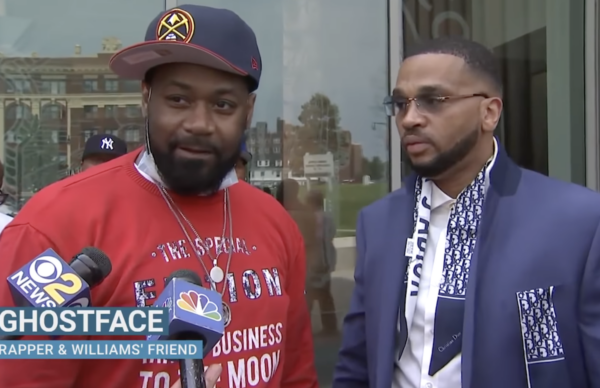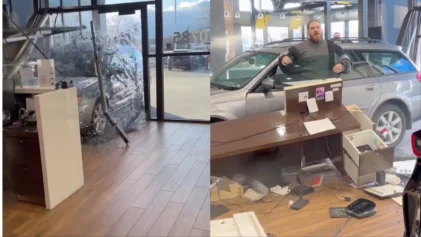A rap music studio employee will receive a settlement from the City of New York after it has been determined he was wrongfully convicted and incarcerated for a 1996 killing he did not commit. Years after his conviction, attorneys for Grant Williams were able to prove there was no physical, forensic or digital evidence connecting him to the crime.

On Monday, May 23, after having his 1997 murder conviction vacated in July 2021, Williams, who’d worked at the studio for the multiplatinum-selling rap group Wu Tang Gang, settled a lawsuit against New York City.
The claim alleged police misconduct and violations of his civil rights during the trial that ended in his wrongful conviction for the shooting of Shdell Lewis outside a Staten Island public housing complex in 1996. Williams was exonerated in that murder case after having spent 23 years in jail.
New York City officials agreed to pay him $7 million.
Comptroller Brad Lander, who under Chapter 5, Section 93 of the New York City Charter, has the authority to settle claims against the city, made the announcement regarding the first successfully overturned wrongful conviction case on Staten Island.
After he was cleared, Williams sued the city in 2021.
Lander released a statement regarding the settlement, “While no amount of money can bring those years back for Mr. Williams or his family, I am pleased that we were able to move quickly to a fair and early resolution of this claim.”
He continued, “My office reached a settlement with Mr. Williams after a careful review of his claims and negotiations with his counsel. The early resolution of this claim is in the best interests of all parties and City taxpayers.”
Williams’ lawyer, Irving Cohen, said New York City “did the right thing” by coming up with a pre-litigation settlement. Cohen also said he negotiated another settlement with the state. Williams will receive $5 million from the Empire State.
The attorney believes the $12 million “will assist him in going forward and trying to get back on his feet.”
The original trial was won mostly by the testimony of a small number of eyewitnesses, the chief of those who testified was an NYPD officer who said he chased the man that killed Lewis. When he first gave a description, it didn’t match that of Williams.
The trial also hinged on a baseball cap with a Wu-Tang Clan logo on it dropped by the shooter at the scene of the crime. Because Williams worked for the Wu-Tang Clan in their Staten Island studio, the prosecution suggested it belonged to him. The court never required a DNA test on the hat.
Other witnesses in the case said early on Williams was not the killer— including one of Lewis’ friends.
NYPD did not share this information with the prosecution until after Williams was indicted and even then it did not impact their effort to convict the innocent man.
Williams’ mother, Cynthia Franklin, said she “blacked out” with the verdict.
“I couldn’t believe it,” she said.
The family along with Williams, who’d unsuccessfully appealed his conviction, always maintained his innocence. It wasn’t until Staten Island district attorney Michael McMahon’s office decided to take the case on in 2020 that some promise emerged. The prosecution, now believing his “not guilty” argument, worked to have the conviction dismissed.
Williams said he never gave up hope, believing he would not only be freed, as he was paroled in 2019 but have the asterisk of the murder wiped away from his name.
“I used to tell everybody in prison I’m innocent,” said Williams, who received an associates degree behind bars and has been working on a bachelor’s degree.
“They say, ‘Oh Williams, everybody says that.’ I said, ‘I’m telling you the truth. One day you’re gonna see me on the news and they’re gonna say that I was innocent,’ and today’s that day.”


